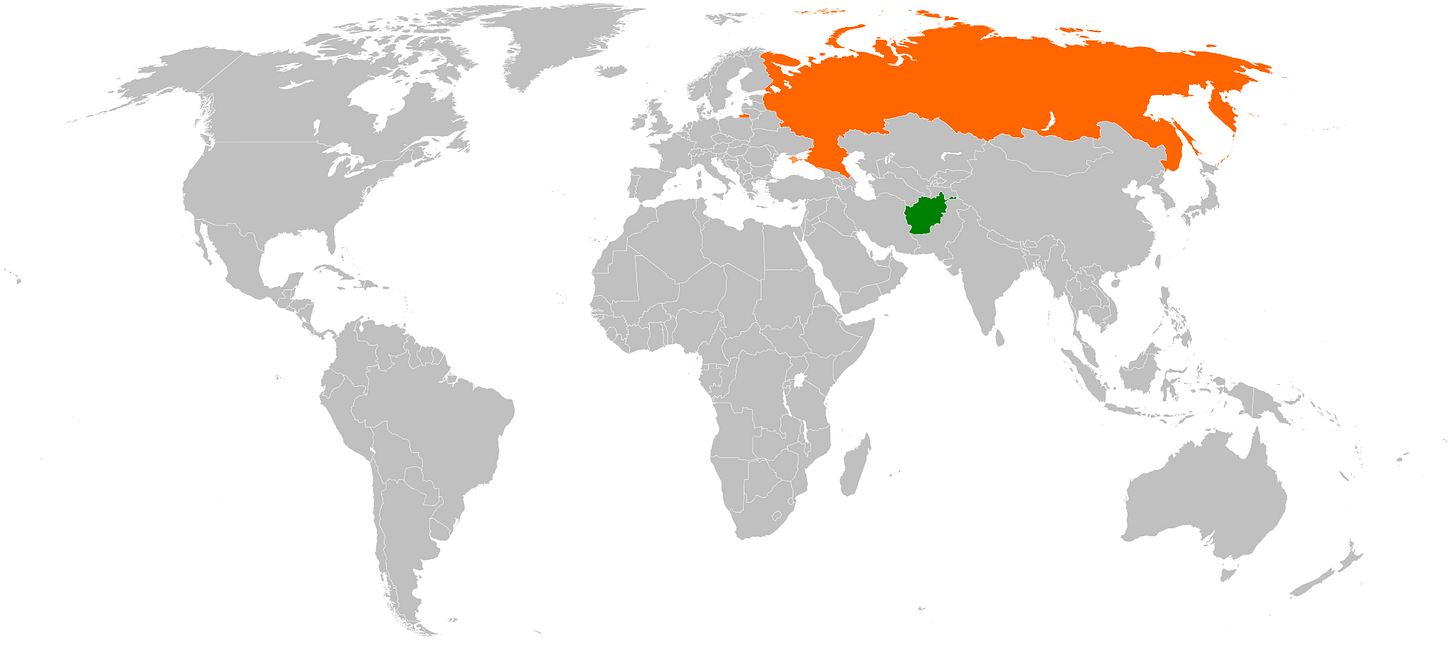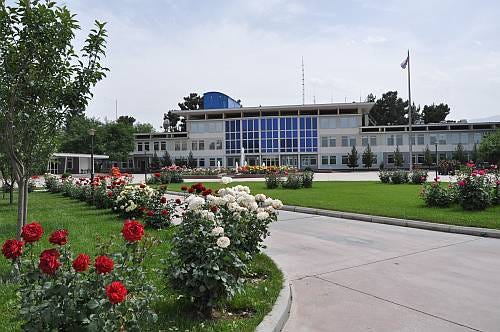In a move that raises serious alarm bells across global security circles, a Russian court has officially removed the Taliban from its list of banned terrorist organizations. This is not just a legal maneuver — it’s a geopolitical signal, and a dangerous one at that.
Let’s not forget: during the height of the global war on terror, while the Afghan National Defense and Security Forces (ANDSF) alongside US and NATO troops, were fighting to dismantle terrorist networks, Russia was quietly providing support to the Taliban — through training, equipment, and diplomatic engagement. What was once covert is now being formalized.
This isn’t just dirty politics—it’s reckless statecraft.
Why Now?
Moscow likely believes it can leverage the Taliban as a bulwark against the rise of the Islamic State Khorasan Province (ISKP). But this logic is fundamentally flawed. ISKP sleeper cells have already embedded themselves within the Taliban ranks. Empowering the Taliban under the illusion of counter-terrorism will not weaken ISKP—it will give them room to maneuver, recruit, and strike harder. Russia may think it’s choosing the lesser evil, but in reality, it’s inviting a greater one to grow in its own backyard.
The ramification won’t stop at Russia’s borders. Removing the Taliban from the terror list risks inspiring other extremist and separatist movements in the region—Pakistani Taliban, Ansarullah of Tajikistan, the Islamic Movement of Uzbekistan, and the East Turkistan Islamic Movement among them—to seek alliances with ISKP and Taliban sleeper cells.
The result? A more connected, emboldened, and lethal regional terror network, with reach far beyond South and Central Asia.
And let’s be clear—if Russia’s endgame is to recruit Afghan fighters through Taliban channels for the war in Ukraine, it is not just short-sighted; it’s catastrophic. That’s not strategic depth—it’s strategic decay. Weaponizing extremists for geopolitical gain will not just backfire—it will reshape the global security architecture in the worst possible ways.
Now What?
If Moscow is truly committed to counter terrorism, it must seek inclusive, international, and long-term solutions—starting with the promotion of a legitimate, accountable Afghan government. The Taliban have already failed to uphold the Doha Agreement. Trusting them to be partners in regional stability is not just naive—it’s dangerous.
In fact, it’s not inconceivable that we will now start seeing Taliban fighters in Ukraine, like North Korean soldiers or Chinese “citizens.” The Taliban could provide Russia with suicide bombers to use as cruise missiles against front line Ukrainian troops—they did the same thing to my soldiers.
The world should not remain silent as Russia flirts with extremism in the name of expediency. History has shown us where that path leads.






